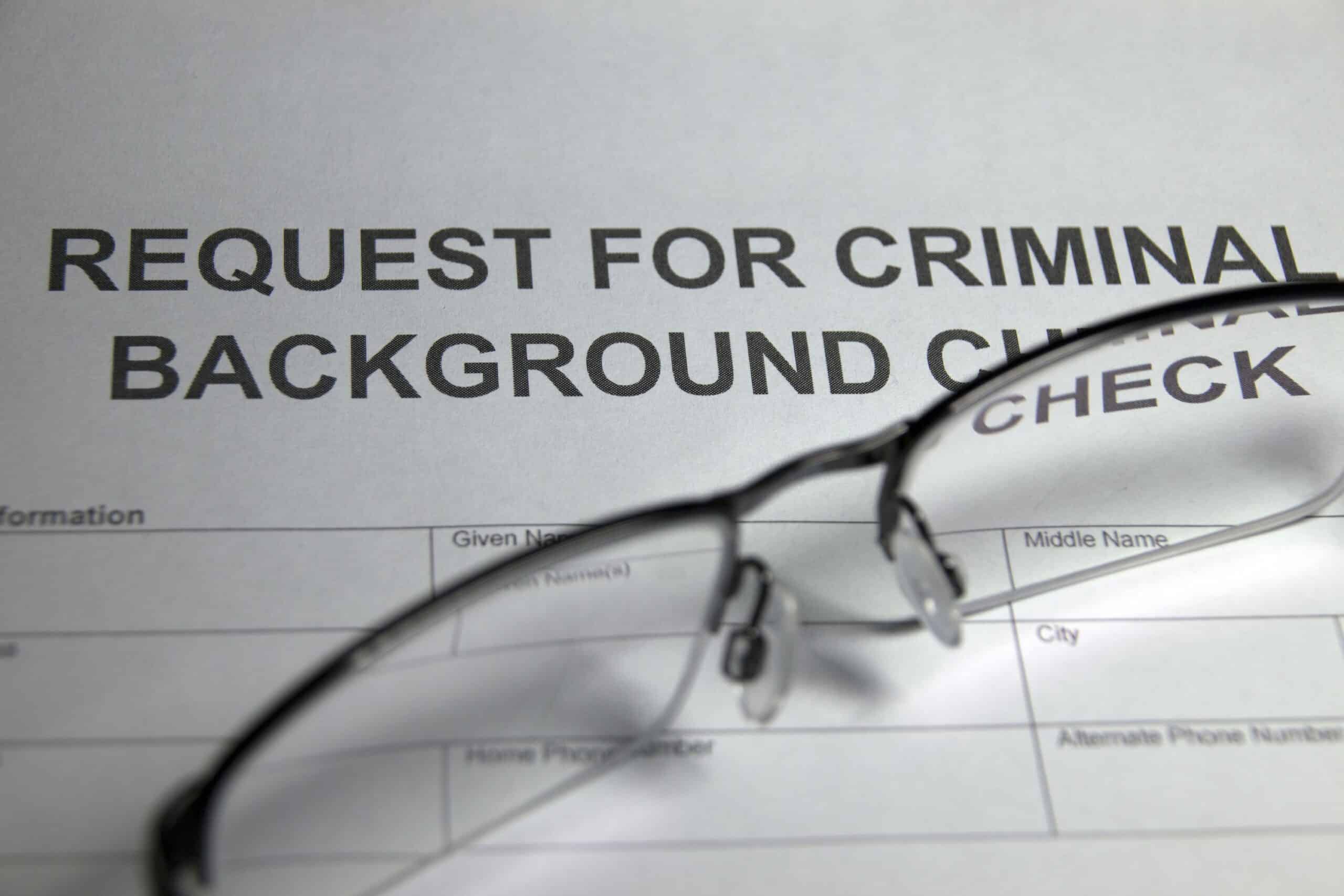If you have a criminal record in North Carolina, you may wonder how to clear your record and move on with your life. The process of clearing your criminal record is known as expungement. In North Carolina, expungement allows certain criminal charges and convictions to be removed from your record. Here’s what you need to know about the ins and outs of expungement in North Carolina.
What is Expungement?
Expungement is the process of removing certain criminal charges or convictions from your record. Expungement can help you overcome past mistakes and make finding employment, housing, and other opportunities easier.
In North Carolina, the expungement process is governed by state law. Certain criteria must be met in order to be eligible for expungement, and the process can be complex. Working with an experienced expungement attorney is important to ensure your rights are protected throughout the process.
Who is Eligible for Expungement in North Carolina?
Not everyone is eligible for expungement in North Carolina. The criteria for expungement in North Carolina are as follows:
- You must have been charged with a misdemeanor or felony offense.
- You must have been found not guilty, had your charges dismissed, or completed a first-time drug offense or underage alcohol violation.
- You must have waited a certain period before applying for expungement.
- You must not have any pending criminal charges or be on probation.
The waiting period for expungement varies depending on the offense. For example, if you were charged with a misdemeanor, you must wait five years from the date of your conviction or the completion of your sentence, whichever is later. If you were charged with a felony, you must wait ten years from the date of your conviction or the completion of your sentence, whichever is later.
How to Apply for Expungement in North Carolina
If you are eligible for expungement in North Carolina, you must petition the court. The petition must include specific information about your charges, conviction, and supporting documentation. Filing a petition can be complex, and working with an experienced expungement attorney is important to ensure your petition is accurate and complete.
Once your petition is filed, the court will review your case and determine whether you are eligible for expungement. If the court grants your petition, your criminal record will be expunged, which means it will be removed from public records.
Benefits of Expungement in North Carolina
Expungement can have many benefits for individuals with criminal records in North Carolina. Some of the benefits of expungement include:
- Improved employment opportunities: Expungement can make finding employment easier, as many employers conduct criminal background checks before hiring.
- Better housing options: Expungement can also make finding housing easier, as many landlords conduct criminal background checks before renting to tenants.
- Restoration of civil rights: Expungement can also restore certain civil rights, such as voting and owning a firearm.
- Improved quality of life: Expungement can help you overcome past mistakes and live more fulfilling lives.
Expungement may be an option if you have a criminal record in North Carolina. Expungement can help you overcome past mistakes and make finding employment, housing, and other opportunities easier. However, the expungement process can be complex, and it’s important to work with an experienced expungement attorney to protect your rights.
If you’re interested in expungement in North Carolina, speaking with an experienced attorney who can guide you through the process is important. They can help you determine if you’re eligible for expungement and can help you navigate the complex process of filing a petition with the court. With the help of an attorney, you can take the necessary steps to clear your criminal record and move on with your life. Remember, expungement can provide many benefits, including improved employment and housing opportunities, restoration of civil rights, and a better quality of life. Don’t let your past mistakes hold you back; consider expungement in North Carolina today.









